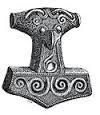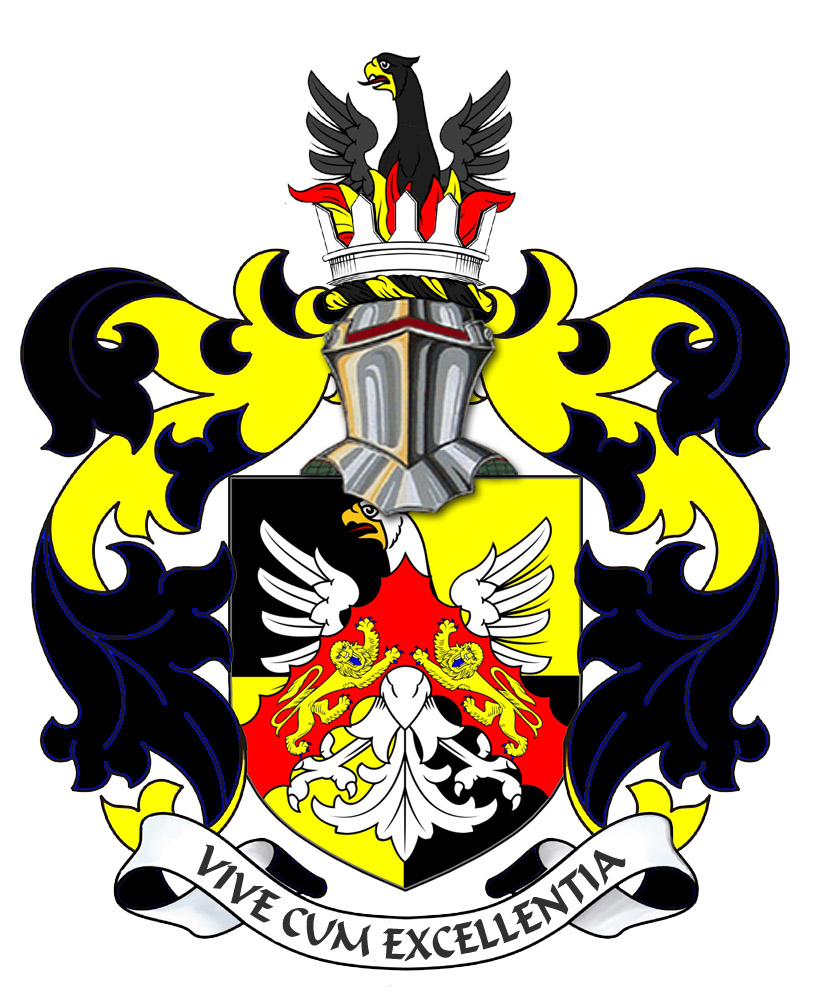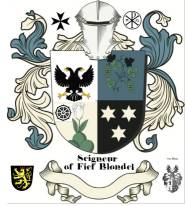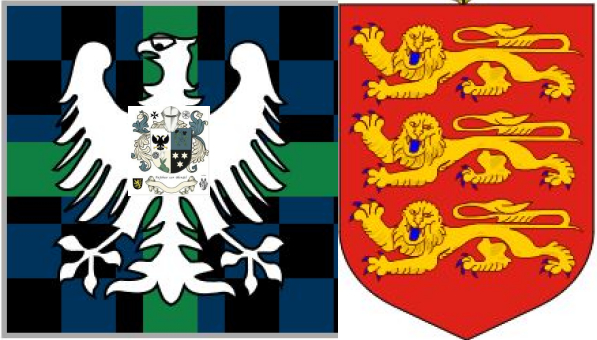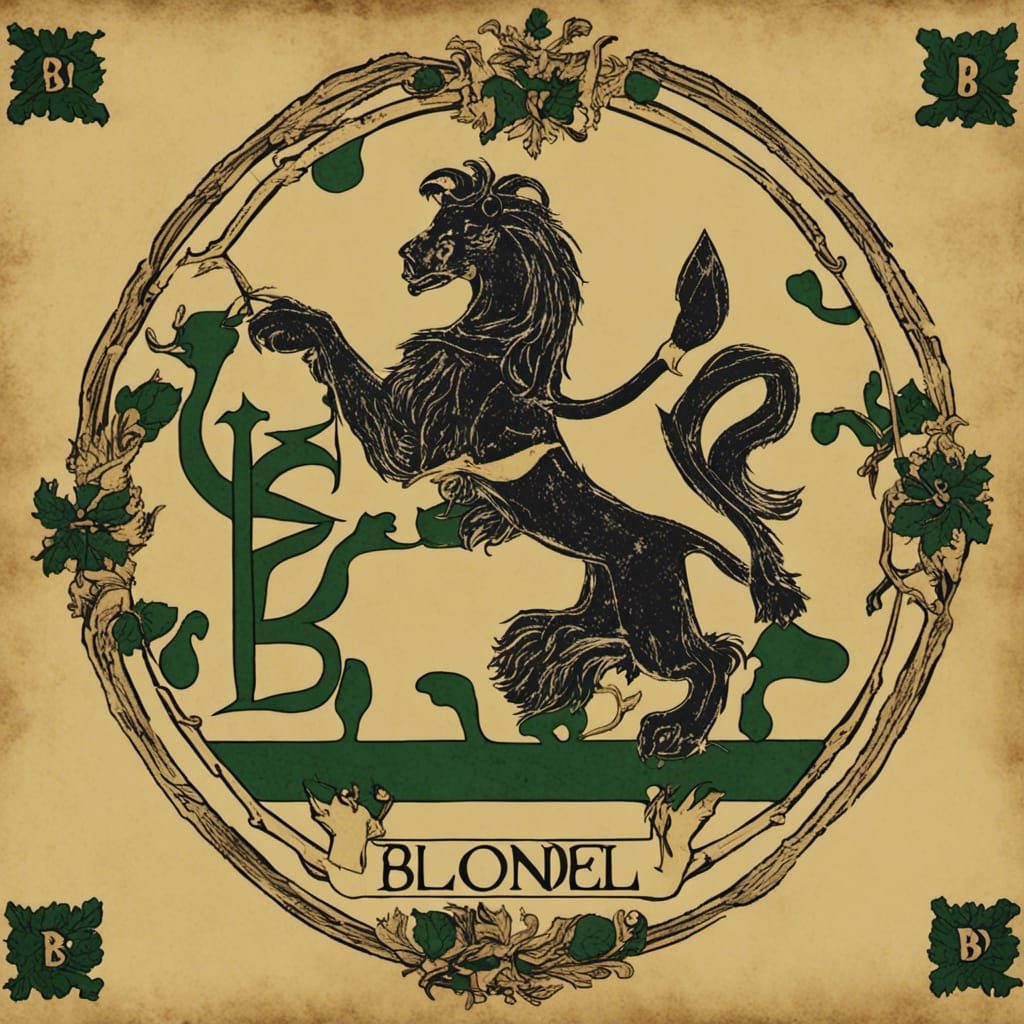The Society
of Divine Compassion (SDC)
The Society of
Divine Compassion (SDC) is an Anglican order that has carved a significant niche
within the ecclesiastical landscape of the Church of England. Sanctioned by
Archbishop of Canterbury Benson, the order exemplifies the Church’s commitment to
embodying Christ’s compassion through dedicated service, spiritual discipline, and
community life. This essay delves into the origins, mission, and impact of the SDC,
highlighting its role in fostering spiritual growth and social justice.
Origins and
Foundation
The Society of
Divine Compassion was founded in the late 19th century during a period of renewed
interest in monastic and communal life within the Anglican tradition. Archbishop
Edward White Benson, who served as Archbishop of Canterbury from 1883 to 1896,
played a pivotal role in the establishment of the order. Benson, known for his deep
theological insight and commitment to social reform, recognized the need for a
dedicated group within the Church that would focus on living out the principles of
divine compassion.
Benson’s
vision was influenced by the broader Anglo-Catholic revival, which sought to
reintegrate aspects of the Catholic heritage into Anglican practice. This revival
emphasized the importance of sacraments, liturgical worship, and community life.
The SDC was conceived as an embodiment of these values, providing a space for
individuals to dedicate themselves fully to prayer, contemplation, and service.
Mission and
Values
At the heart
of the Society of Divine Compassion is the mission to embody Christ’s love and
compassion in all aspects of life. Members of the SDC commit to a life of prayer,
community, and service, seeking to reflect the compassion of God in their
interactions with others. The order’s rule of life emphasizes simplicity, humility,
and a deep reliance on God’s grace.
The SDC’s
charism, or spiritual gift, is rooted in the belief that divine compassion is
transformative. This compassion is not merely a feeling of pity or sympathy but an
active force that seeks to alleviate suffering and bring healing and
reconciliation. The members of the SDC, therefore, engage in various forms of
ministry, including pastoral care, social justice advocacy, and outreach to
marginalized communities.
Spiritual
Discipline and Community Life
The SDC places
a strong emphasis on spiritual discipline as a means of cultivating divine
compassion. Members follow a structured daily routine that includes communal
prayers, the celebration of the Eucharist, and periods of silent contemplation.
This rhythm of prayer and worship is designed to deepen their relationship with God
and attune them to the needs of the world around them.
Community life
is another cornerstone of the SDC. Members live together in intentional
communities, sharing resources and supporting one another in their spiritual
journeys. This communal living fosters a sense of solidarity and mutual care,
reflecting the early Christian communities described in the Acts of the Apostles.
By living together, members learn to practice compassion in the context of everyday
interactions, thereby growing in their ability to extend that compassion to
others.
Social
Justice and Outreach
In line with
its mission to embody divine compassion, the SDC is actively engaged in social
justice work. The order’s members advocate for the rights and dignity of
marginalized individuals and communities, addressing issues such as poverty,
homelessness, and discrimination. They work in partnership with other organizations
and community groups to effect positive change and promote social justice.
One notable
aspect of the SDC’s outreach is its commitment to serving those who are often
overlooked or forgotten by society. Members may be found working in urban centers,
rural areas, and even internationally, providing practical support and spiritual
care to those in need. This work is seen as a direct extension of their prayer and
community life, embodying the belief that true compassion must be lived out in
concrete actions.
Impact and
Legacy
The Society of
Divine Compassion has had a profound impact on both the Church and society at
large. Through their dedicated service, members of the SDC have touched countless
lives, offering hope and healing to those in need. Their commitment to social
justice has helped to raise awareness of critical issues and inspired others to
join in the work of compassionate service.
The legacy of
the SDC also includes its contribution to the spiritual renewal of the Church. By
modeling a life of prayer, community, and service, the order has inspired many
within the Anglican tradition to explore similar paths of dedication and
discipleship. The SDC’s emphasis on divine compassion as a central aspect of
Christian life continues to resonate, reminding the Church of its calling to
reflect God’s love in the world.
Conclusion
The Society of
Divine Compassion stands as a testament to the transformative power of divine
compassion. Sanctioned by Archbishop Benson, the order embodies a profound
commitment to living out Christ’s love through prayer, community, and service. Its
members’ dedication to social justice and outreach serves as a powerful witness to
the Church’s mission in the world. As the SDC continues to grow and evolve, it
remains a beacon of hope and a reminder of the boundless compassion of God.
